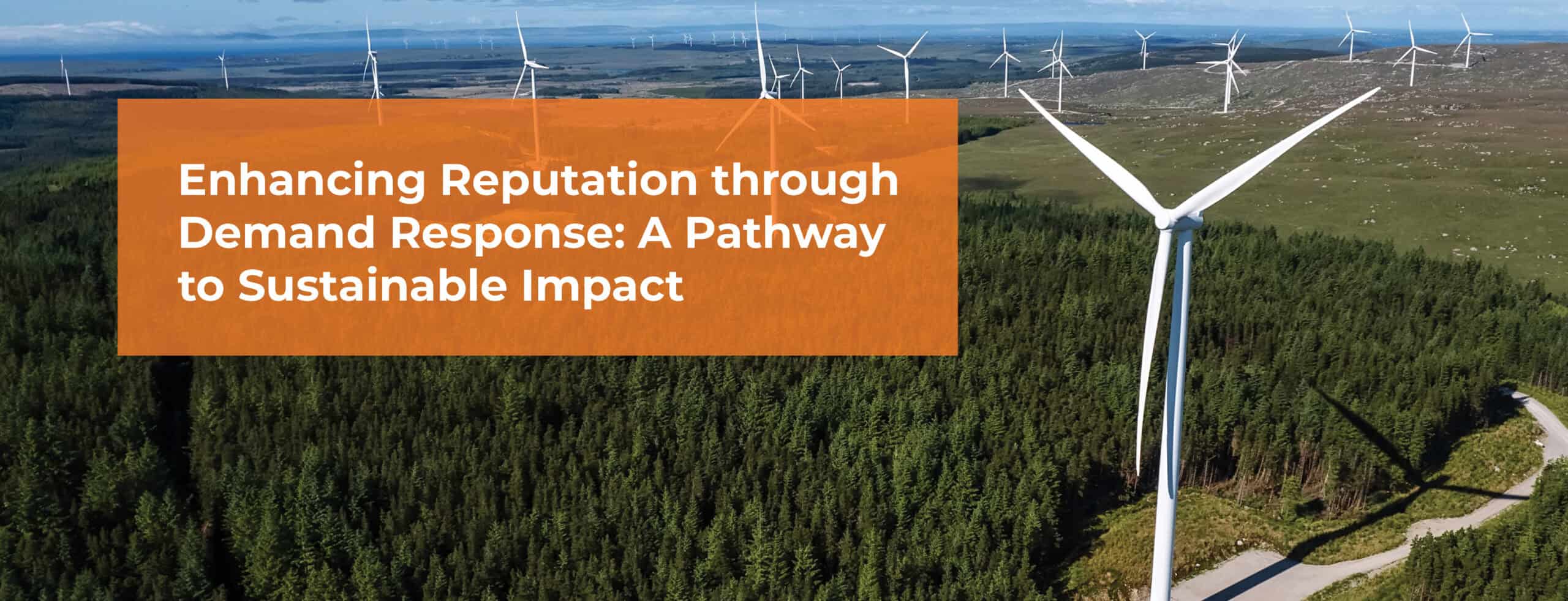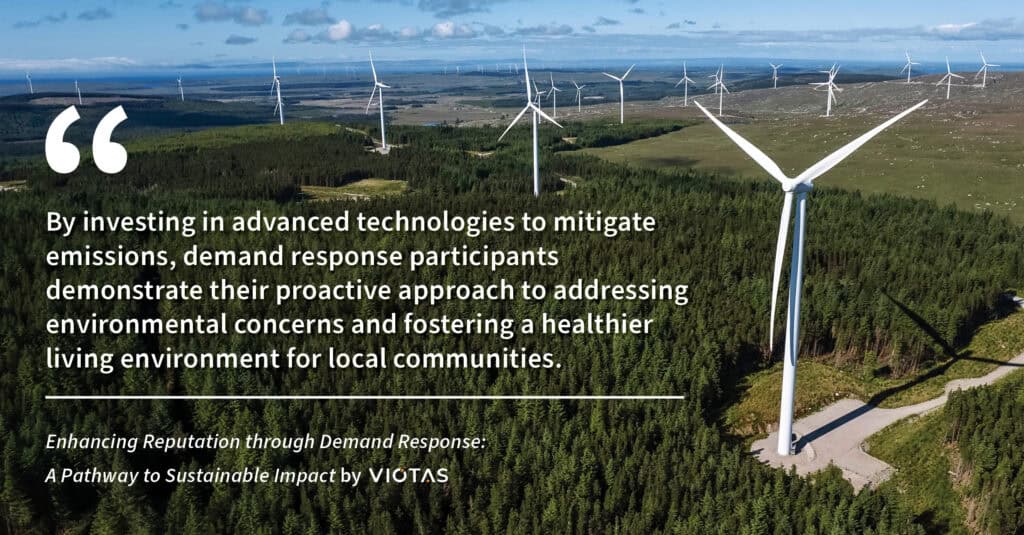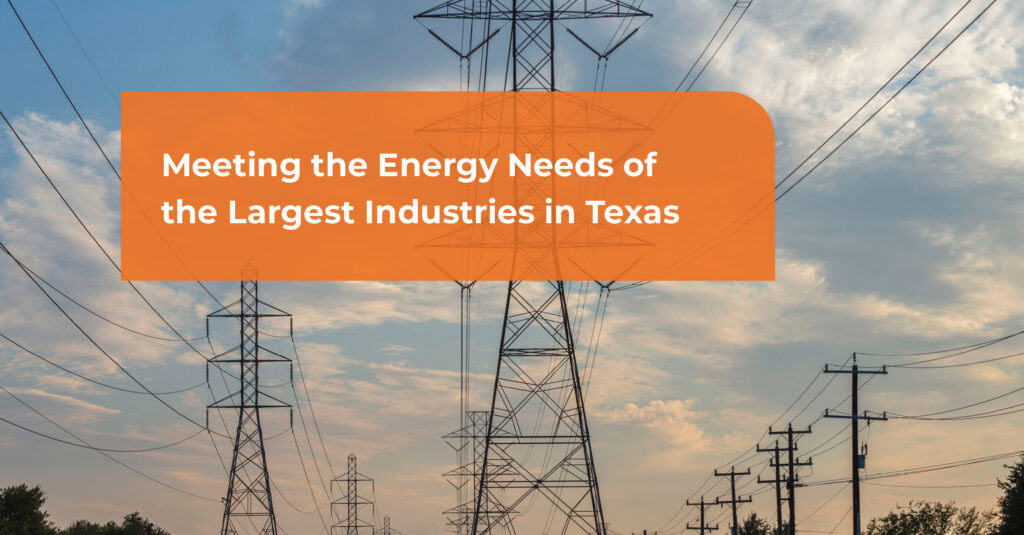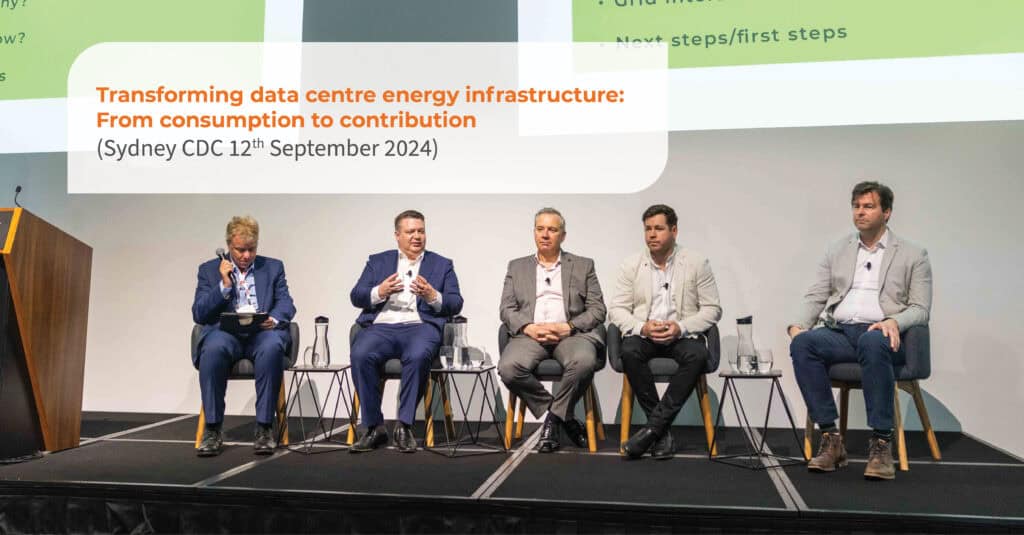
Enhancing Reputation through Demand Response: A Pathway to Sustainable Impact
In the evolving landscape of energy management, demand response stands out not only as a tool for optimising energy usage but also as a catalyst for positive reputational benefits. By actively participating in demand response initiatives, businesses and organisations can showcase their commitment to sustainability and environmental stewardship, garnering recognition and trust from investors, regulatory bodies like the EPA, and key stakeholders such as Transmission System Operators like EirGrid.
The integration of demand response facilitates greater levels of renewables on the electricity grid, a crucial step towards achieving a cleaner and more sustainable energy future. By adjusting energy consumption patterns to align with renewable energy availability, demand response participants actively contribute to reducing carbon emissions and combating climate change. This proactive stance on environmental responsibility resonates positively with investors and regulatory agencies, enhancing the reputation of demand response participants as forward-thinking and environmentally conscious entities.

Moreover, demand response initiatives drive the transition from standard diesel to renewable biofuels, reducing Scope 1 emissions and mitigating the environmental impact of energy generation. By embracing cleaner energy alternatives, demand response participants demonstrate their commitment to reducing their carbon footprint and promoting sustainable practices. This commitment to environmental stewardship further bolsters their reputation among stakeholders and reinforces their position as leaders in sustainable energy management.
Additionally, the upgrade of generators with secondary abatement equipment to reduce the impact on local air quality showcases a dedication to community well-being and environmental protection. By investing in advanced technologies to mitigate emissions, demand response participants demonstrate their proactive approach to addressing environmental concerns and fostering a healthier living environment for local communities.
Furthermore, by avoiding the build phase of new generation assets, demand response participants minimise environmental disruption and resource consumption. This strategic approach not only reduces carbon emissions associated with construction but also showcases a commitment to resource efficiency and sustainable development. VIOTAS plays a pivotal role in supporting demand response participants in communicating their sustainability efforts. From providing supporting statements for annual sustainability reporting to producing detailed insight reports highlighting the positive impact of demand response participation on the power system, VIOTAS ensures that clients can effectively communicate their environmental achievements to internal and external stakeholders.
In conclusion, demand response offers more than just energy optimisation; it presents a pathway to positive reputational benefits. By actively participating in demand response initiatives and embracing sustainable energy practices, businesses and organisations can enhance their reputation as leaders in environmental stewardship and demonstrate their commitment to building a cleaner, more sustainable future.
Previous article in the series: Leveraging Demand Response for a Greener Grid: A Shift Towards Real-Time Renewable Energy Matching
Next article in the series: Harnessing Demand Response: Mitigating CO2 Emissions without New Power Infrastructure


